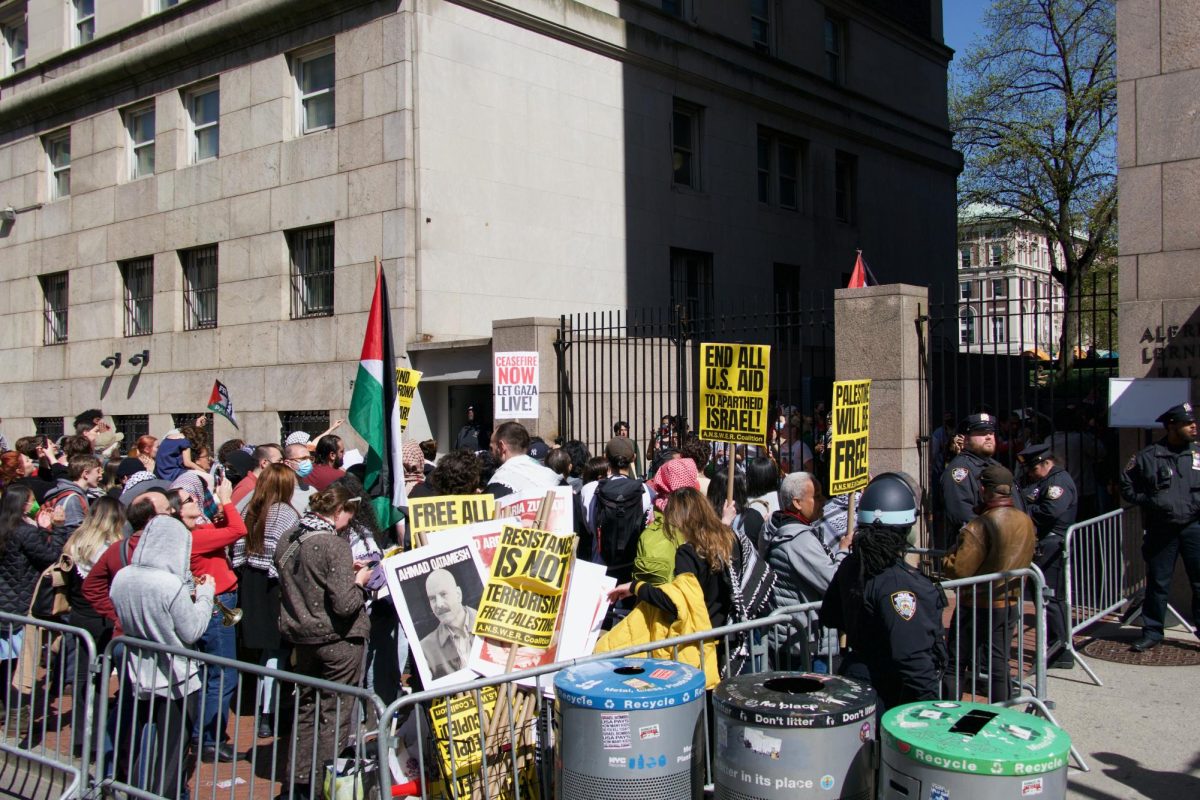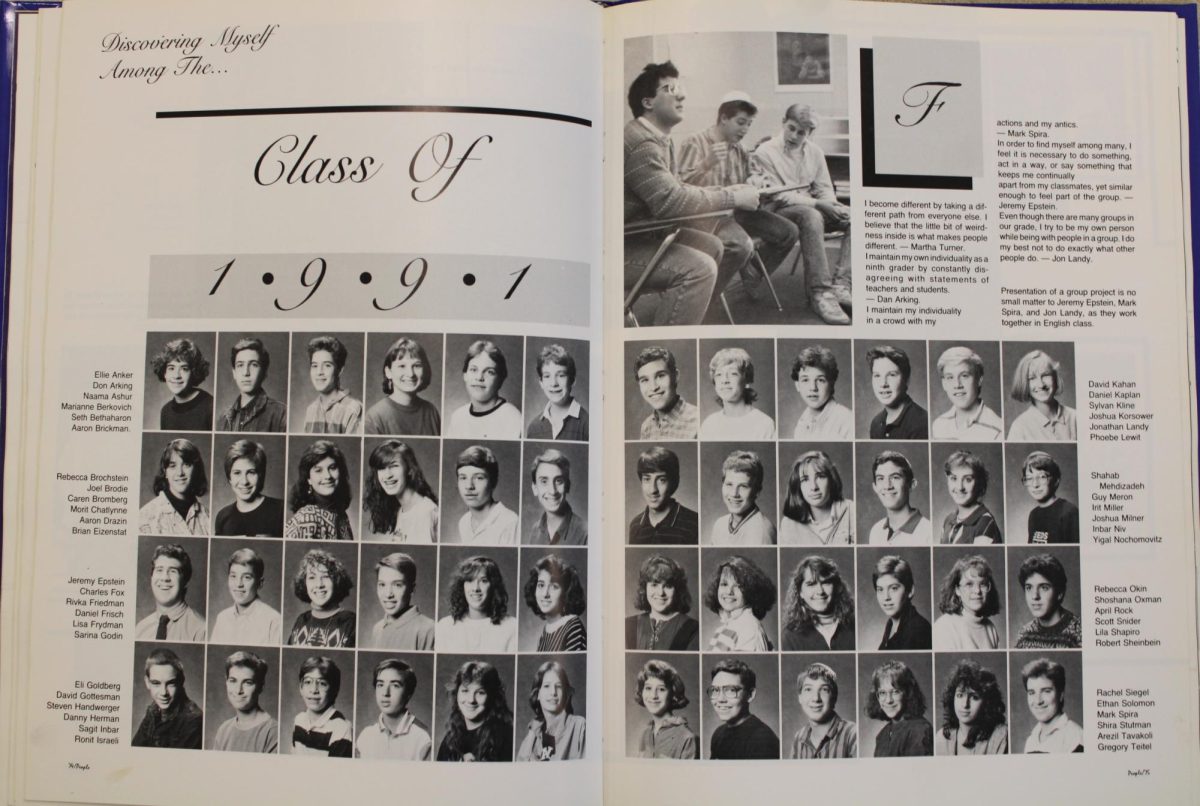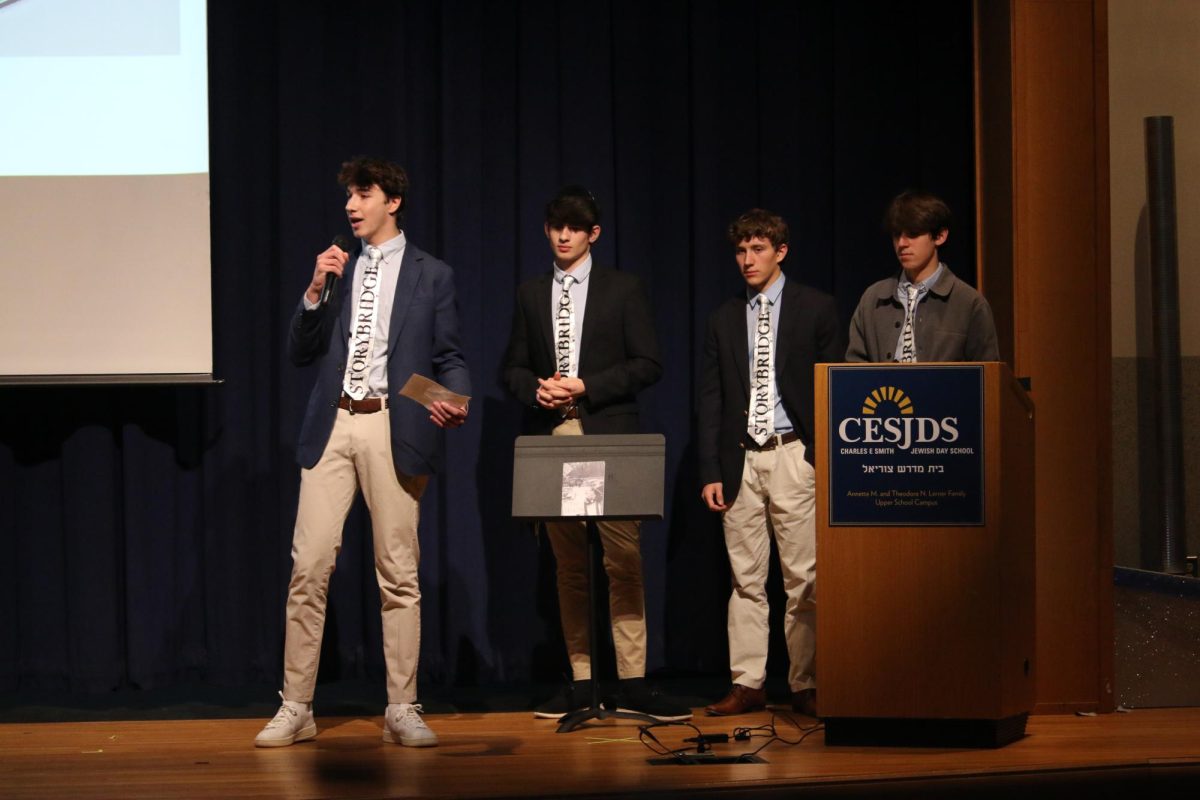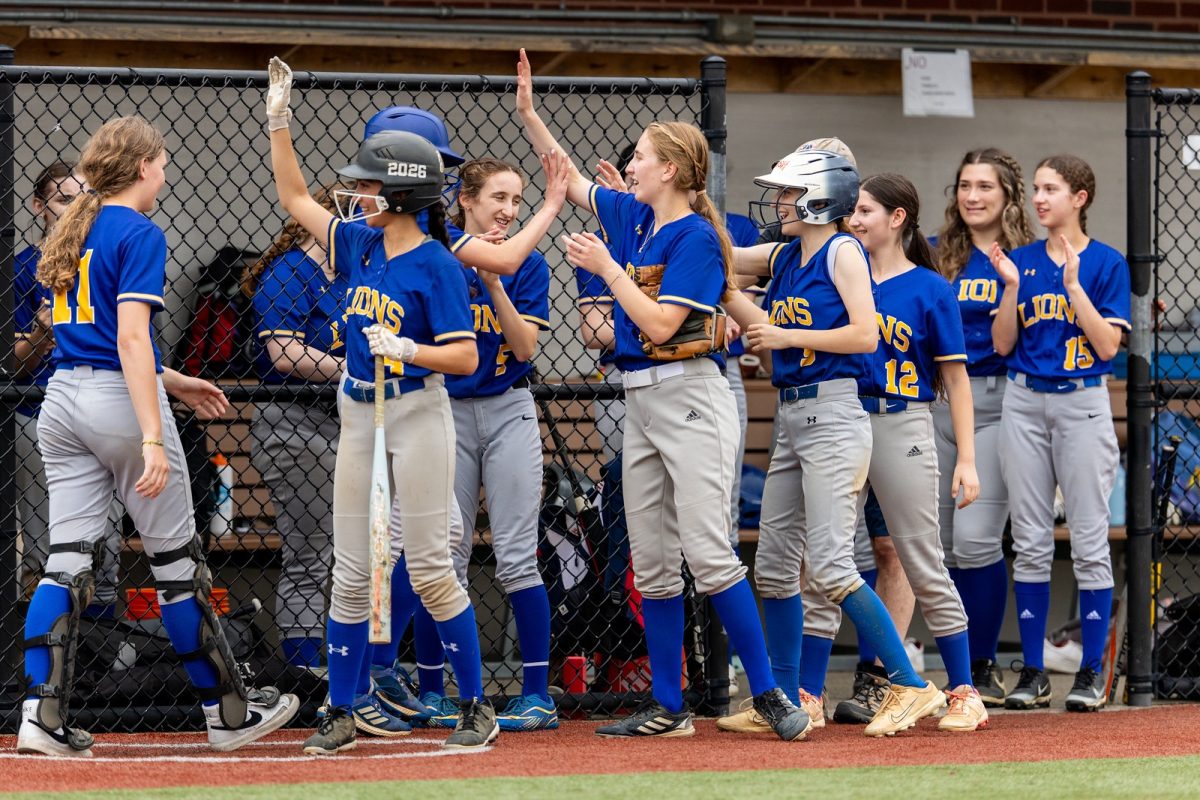As competing pro-Palestinian and pro-Israel protests heat up at universities across the United States, negotiations for a ceasefire in Israel continue, and without any result for either side of the conflict. With 133 hostages of all nationalities still in Hamas captivity in Gaza, Israel is under international pressure to conduct a ceasefire deal with Hamas.
The ceasefire negotiations between Israel and Hamas have varied nearly every day with different parameters on the duration of the ceasefire and the number of hostages that would be returned. The crux of the deal has been for Israel to temporarily stop military operations in the Gaza Strip in exchange for Hamas releasing hostages that have been held in Gaza for over seven months.
According to Jewish History Department Chair Dr. Dan Rosenthal, Hamas is aiming for a more limited deal, starting by returning more than 40 to 20 hostages before the Iran attack. Rosenthal also said that “their persistence in demanding a full Israeli permanent ceasefire and withdrawal of the IDF from Gaza indicated that negotiations aren’t productive.”
In a Jerusalem Post article on April 26, Israeli intelligence officials claim that there are 33 “women, elderly and sick” hostages still left in Gaza, and Egypt has opened talks about returning those 33 hostages for a temporary ceasefire that would be “definitely less than six weeks,” according to an Israeli intelligence official.
Although the Qatari government mediated the talks around a ceasefire deal, they have become increasingly uninvolved. This is a result of accusations against the Qatari government for not complying with Israeli demands, and failing to taper the finances of Hamas leadership. According to the Jerusalem Post, in Qatar’s absence, Egypt has stepped in because they are worried about conflict along the Rafah border crossing, which is along the Gaza-Egypt border.
“We’ve seen the leadership of Qatar talk about how demoralized they are and they felt ‘bullied’ in terms of their leadership in convening the negotiations,” Rosenthal said.
The pressure for a ceasefire deal has come mainly from the growing pro-Palestinian movement that has been evident on campuses such as Columbia University, the University of Virginia and the University of California, Los Angeles, with protests so large that Jewish students are urged to continue the semester with online. These protests call for the divestment of all Columbia funds toward Israel. The protesters claim that Israel is committing genocide on the Palestinian people, which some pro-Israel protestors consider disrespectful toward the cause of the IDF.
The ceasefire negotiations are a threat among pro-Israel supporters—many claim that the ceasefire deal feels unproductive—as Hamas’s explicit goal is to eradicate Israel, and by proxy, their movement.
“Calls for a ceasefire are completely ridiculous,” Israeli sophomore Ori Ben Nun said. “Israel’s doing all it can to protect the Palestinians. I’ve heard firsthand accounts of Israeli IDF soldiers … this is not a systematic genocide.”
As ceasefire negotiations continue, there are many questions left unanswered by the vague comments from Hamas and Israeli leadership because the negotiations must be kept private due to the risk of media leaks.
“It is extremely difficult to have an accurate sense of what negotiations actually look like,” Rosenthal said. “And I would caution people to take what they read about any negotiations with a giant grain of salt because these are conversations that happen behind closed doors, and they happen behind closed doors for a reason different sides want to be able to offer things that they know might be problematic if they became public.”














